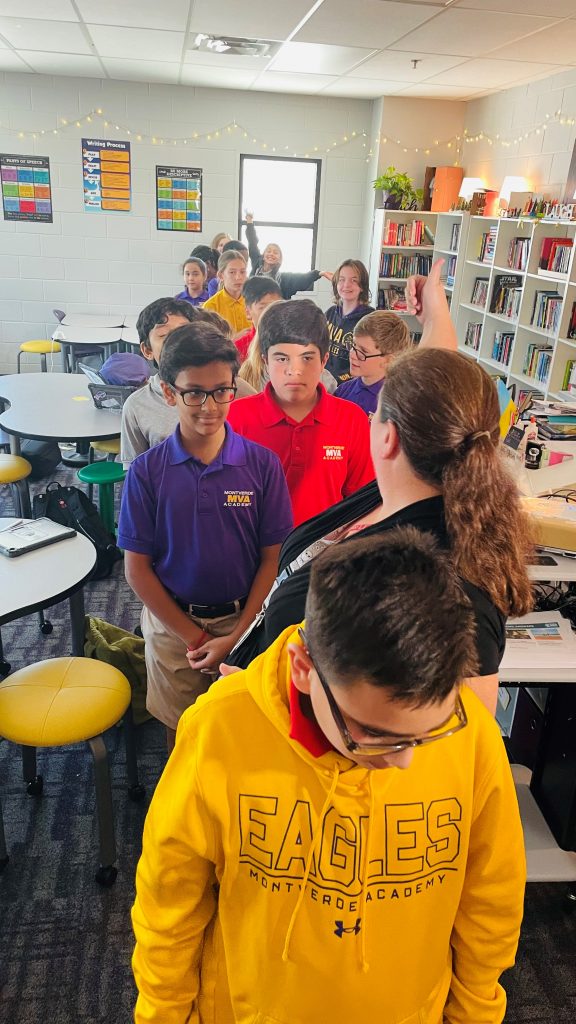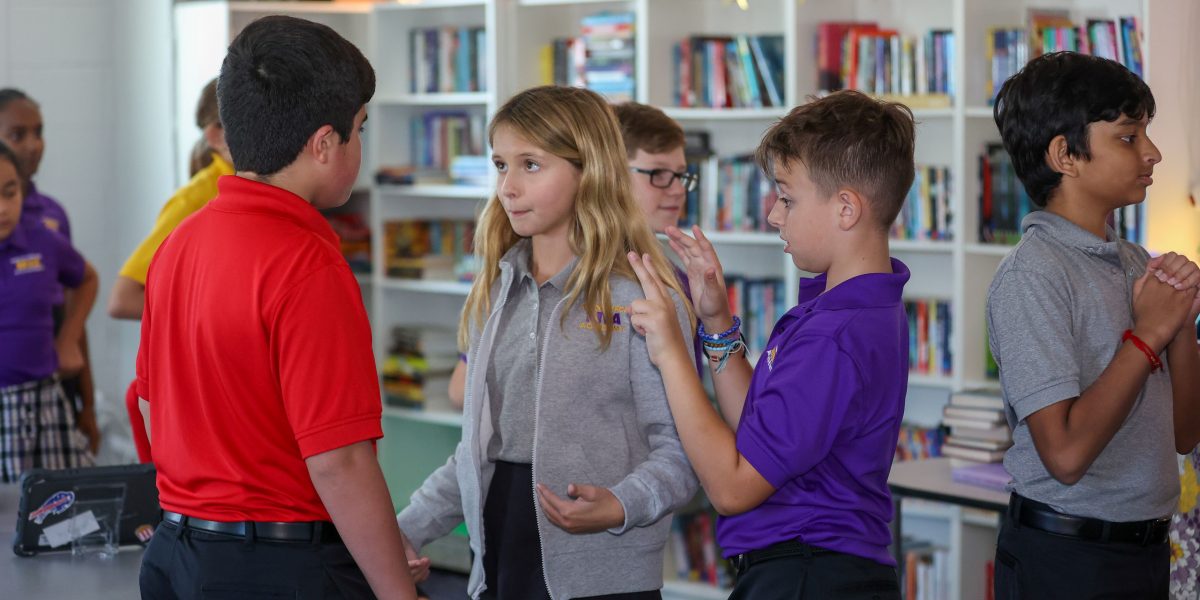The Second Step program, a social-emotional learning (SEL) curriculum administered during the Middle School advisory period, is designed to equip students with the life skills needed to face the challenges that extend far beyond the classroom. Each grade has its own individual, age-appropriate lessons that are backed by research that emphasize the importance of emotional intelligence, relationship building, and self-awareness.

This student-centric approach establishes a rapport between the students and their advisors while fostering a sense of community in the class. In their roles as advisors, teachers aim to be unbiased supporters who help to provide clarity and a fresh perspective to challenging situations, serving more as guides than traditional instructors. The Second Step program offers students a safe space to practice crucial soft skills, such as teamwork and empathy, that are useful in college, on the job, and in life, in general. One lesson that focuses on empathy skills encourages participants to identify why some students might feel nervous when they enter middle school and then identify ways to help new students feel welcome and comfortable.
“A lot of our students come to the table with these skills already in place,” said Mr. Field, Director of School Counseling/MS Guidance Counselor, “but Second Step helps to fill in gaps and provide students an equal playing field for how they should treat others, respect themselves, and use their voices if they need something. I always say, ‘If you see something, say something.’ Students need to be empowered to use their voice through this process.”
The Second Step program kicks off again this week, and parents can access lesson summaries and discussion prompts in Canvas that encourage meaningful conversations with their children. If a lesson says, “Your child will help brainstorm ways to support new students,” a parent might ask their child at the dinner table about what feelings they had when they started middle school, if they received support when they started middle school, and how they can support students who are new to their school.
During advisory, teachers will also ask informal questions related to how their week is going, what big assignments are on their radar, whether anyone is celebrating something special in their life, or if anyone has an important event, game, or performance coming up. Establishing this rapport gives students the opportunity to connect and share with their teacher and peers. And if a big test is coming up in one of their classes, students feel more comfortable tapping into the network of support they have cultivated.
“My ultimate goal is for all students to adjust to life’s challenges appropriately because life can be messy,” said Mr. Field. “Having those tools in place creates a better experience. We don’t want students at this stage in life to get caught in the cycle of developing negative coping mechanisms. We want to make sure that when they’re in certain environments that they can make the best decisions.”


